Dans la même rubrique
-
- Application procedure
- Scholarships
- Academic Programs
- Courses in English
- French as a Foreign Language (FLE)
- Intersemester short programs (August and Jan-Feb)
- Training period in our laboratories
- May-June Summer program
- Arrival advice
- Practical information
- Healthcare and Disabilities
- Accommodation
- Student life in UTT
- About France, Troyes and its region
- Academic calendar
- Accueil
- International
- Study at UTT
- Training period in our laboratories
Training period in our laboratories
Laboratory experience within the UTT’s research units
- Get some laboratory experience within one of our 5 research units:
- Get up to 30 ECTS credits;
- Take part in the daily activities of a research unit;
- Spend time at one of France’s top engineering universities’ laboratories (min. two months);
- Get personal supervision from a professor of UTT;
- Be involved in research activity that is linked to your studies;
- Begin any time of the year (Beware that requests for short stays in July and August only, are more difficult to satisty because of the Summer holidays).
Lab project opportunities
- GAMMA3
-
Sorry, no proposal at the moment
- L2n
-
Sorry, no proposal at the moment
- LASMIS
- LIST3N
-
Sorry, no proposal at the moment
- InSyTE
-
Sorry, no proposal at the moment
UTT-Troyes, a research-intensive model constantly seeking "excellence"
A model of scientific activity specific to Universities of Technology that articulates fundamental research, disciplinary research and technological research in order to respond to major societal challenges. Research activities are conducted by permanent faculty members, associate researchers, project researchers, PASTs, PhD students and technical and administrative employees who work in the fields of engineering sciences, information and communication sciences and technologies, as well as humanities and social sciences, with a volume of 1,480 rank A publications over the last five years.
Over 360 staff, including 123 lecturer-cum-research scientists, 183 PhD students, 22 technical support staff and "admin" agents work for UTT research.
The best example of excellent scientific cooperation is the work of the team of Nanotechnology and Optical Instrumentation (L2n), ranked A + unit.
With 25 partnerships around the world, including 16 outside Europe, the L2n declines all forms of international cooperation: thesis cotutelle programs, stays of invited scientists (incoming and outgoing), participation in multi-country projects. The recent inauguration of a new state-of-the-art equipment, the "Nanomat" platform (nanocractisation and nanofabrication of materials for mechanics, optics, biology and agro-resources, member of the Renatech network) contributes to accentuate this trend.
Over 360 staff, including 123 lecturer-cum-research scientists, 183 PhD students, 22 technical support staff and "admin" agents work for UTT research.
The best example of excellent scientific cooperation is the work of the team of Nanotechnology and Optical Instrumentation (L2n), ranked A + unit.
With 25 partnerships around the world, including 16 outside Europe, the L2n declines all forms of international cooperation: thesis cotutelle programs, stays of invited scientists (incoming and outgoing), participation in multi-country projects. The recent inauguration of a new state-of-the-art equipment, the "Nanomat" platform (nanocractisation and nanofabrication of materials for mechanics, optics, biology and agro-resources, member of the Renatech network) contributes to accentuate this trend.
mise à jour le 18 novembre 2024
Contact
Interested? Follow this procedure
UTT research units
- GAMMA3 : Automated Mesh Generation and Advanced Methodology
- L2n - CNRS-EMR 7004 : Light, nanomaterials, nanotechnologies
- LASMIS : Life Assessment of Structures, Materials, mechanics and Integrated Systems
- LIST3N : Computer Laboratory and Digital Society
- InSyTE : Interdisciplinary research on Society-Technology-Environment interactions



